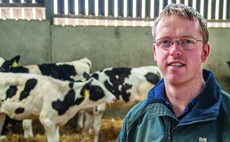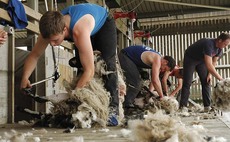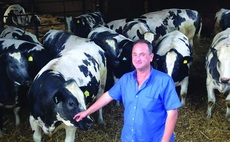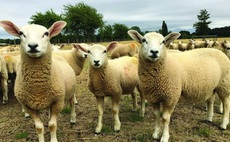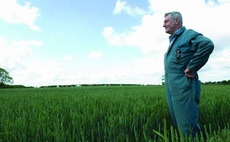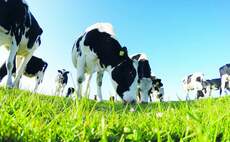Advice
Farm Life
After the tragic death of her husband, Emma PictonJones launched a foundation to improve mental health awareness among farmers in Wales.
Livestock
There can be few practices on the farm which can be changed with so little investment, and to such great effect, than age at first calving. Still, the UK’s age at first calving remains stubbornly fixed at an average 28 months, despite the well-promoted benefits of calving at two years.
Farm Life
Farmers and landowners should facilitate access for phone companies to masks, but they are being reminded of their rights, especially when it comes to new installations.
Livestock
Some guidance on safety at shearing has been produced by industry in response to the unique situation this year.
Livestock
Beef producer Paul Humphreys has high expectations of the stock he produces at Blixes Farm, near Chelmsford, Essex, and knows exactly the end-product he wants his butchery to create.
Livestock
Wormer resistance is a very real threat to sheep farming. Farmers must adopt new, sustainable worming practices to prolong the effectiveness of wormers.
Farm Life
Although there has been a positive change in attitudes towards seeking help for mental health issues, older farmers are still less likely to acknowledge problems and reach out. Clemmie Gleeson takes a look at some of the reasons why and how to help reverse trends.
Livestock
As GrassCheckGB enters into its second year, Hannah Park caught up with two of the farms taking part in the initiative which is aiming to help farmers across Great Britain improve their grassland productivity and pasture util
Farm Life
Diversifying income streams to negate falling direct payments will be an attractive option to many farm businesses, but small-scale projects can sometimes be just as lucrative, without carrying as much risk.
Livestock
The cattle lungworm, Dictyocaulus viviparus, is a cause of serious respiratory disease in youngstock and adult cattle. Taking a pro-active approach to prevention, and rapidly treating outbreaks, can lessen the negative impact on productivity and reduce costs.

 21 May 2020
•
3 min read
21 May 2020
•
3 min read
